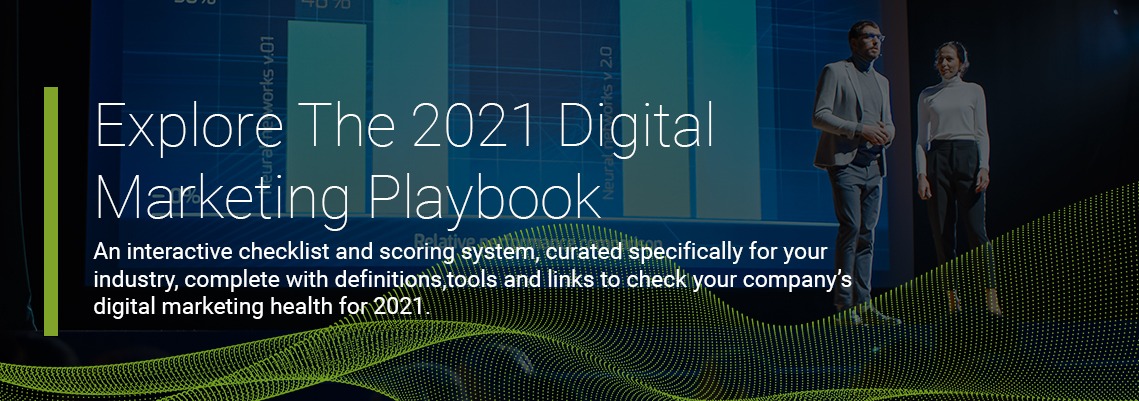There’s some scary news for marketers in a recently-published study in Denmark. Its authors suggest that the sheer volume of information with which we are all bombarded 24/7 is causing the collective global attention span to shrink rapidly: they reckon it’s now down to around eight seconds!
When practically all businesses are running campaigns and churning out streams of content, it’s hard to stand out from the crowd. That means that growing your brand and attracting new customers is heavily dependent on how much attention you can attract – and keep.
Reaching out to potential customers is even harder with pandemic-strapped budgets – but this is where attention marketing can be your secret weapon.
What is attention marketing?
Appealingly non-invasive, attention marketing often uses social media to engage positively with the public through useful (but non-commercial) messages. This cost-effective approach is a great way of grabbing people’s attention, particularly compared to other channels. For instance, only 150 recipients click through, out of every 10,000 emails sent – and pushing harder doesn’t help. Increasingly cluttered in-boxes lead to briefer attention spans and lower conversion rates, as attention resource cycles grow shorter.
However, well-calibrated attention marketing can sidestep this down spiral by grabbing and holding the target’s attention through personally relevant content. This leads to compelling high-value CTAs, forming a streamlined chain of marketing funnel communications.
This marketing funnel is divided into four stages:
- Awareness is indicated by paid search results and landing page statistics, and is heightened by advertisements, articles, webinars and podcasts;
- Interest is triggered by relevant blogs, social media posts, and other web content, as well as newsletters and email campaigns;
- Desire is pumped up by brochures, e-books and white papers, as well as micro-sites;
- Action needs solid evidence, such as datasheets, case studies and testimonials, supported by e-learning.

See how Transmyt can drive massive amounts of growth for your business.
-
SEO – Unlock massive amounts of traffic.
-
Content Marketing – Our team creates engaging content that will get shared + attract customers.
-
Paid Media – Effective paid strategies with clear ROI.
-
Website Development – Cutting edge technology platforms.
10 hot tips on how to attract more customers through attention marketing
Sometimes known as the AIDA model, attention marketing ushers every lead through a four-step process: Attention + Interest + Desire + Action. Here are ten expert tips on how to follow this path to success in a world that revolves around the internet.
- Compelling copy counts when it comes to keeping attention, once the eye-catching visuals have done their job. A few well-chosen words steer readers in the right direction, triggering positive responses to carefully-placed CTAs. Better still, copy that is memorable and fun to read can be repurposed quickly and cheaply into multiple online channels, ranging from social media to websites and email campaigns. Body Copy is important, of course, but it’s the headline that reaches out to readers and holds their interest. Promised solutions to persistent pain points are irresistible to most readers, especially when kept short and simple.
- Strategizing viral content is a great way of reaching out to mass markets. Although not an exact science, there are a few simple rules for snowballing content that gets shared over and over again. First, get a team of viral content specialists together, and then brainstorm content ideas; rank them by how addictive, unique and surprising they are; and then estimate their potential for going viral at a significant scale, while enhancing brand visibility. The trick here is to touch audiences at deeper levels through unexpected twists that make them laugh or cry. Either way, they’ll want to share their feelings.
- Snackable content offers bite-sized nuggets of high-value information that identify challenges and provide expert help in dealing with them, without taking up too much time. Easy to produce, these low-cost pieces stand out through catchy copywriting and eye-catching visuals. A video, an infographic, or a blog post that’s brief, fun and enjoyable, social media channels are natural choices for placing these marketing snacks.
- Piggybacking on trends and news cycles provides audiences that are ready-made and already engaged in real-time discussions. So when you release a video or upload a blog addressing a hot topic, you get swept along by the momentum, with more shares and wider engagement. Trend-riding and news-jacking show that you’re aware of what is going on in the world, adding value and weight to content that keeps readers coming back for more, while burnishing your corporate image.
- Interactive content is a winner, far outpacing static options. There are countless fun options for reaching out to targets through two-way conversations, including contests, games, assessments and calculators. Light-hearted approaches like this make brands more approachable, embedding them in readers’ daily lives as trustworthy friends. Platforms such as Instagram, Twitter and LinkedIn have built-in features for creating simple interactive content like polls and pop quizzes.
- Memes for entertainment add humor to brand messaging by conveying a concept that spreads from person to person through imitation. Typically consisting of an unremarkable glimpse of everyday life, their charm comes from their catchy text overlays. This popular online content format has become a favorite means of instant communication during the past few years. Generated at no cost through free online generators, customized memes can be hilarious, brightening up social media posts and building audiences for branded content.
- Content marketing through GIFs uses the attention-grabbing ability of this unique format, burnishing brands and boosting top-of-mind recall. Taking almost no time to create (or consume!) these quirky fragments brighten up blogs and social media posts at almost no cost, while also showcasing products. Just for the record, more than five million GIFs are sent every day through Facebook Messenger, while a whopping 500 million GIFs are shared through Twitter.
- Instant information through infographics can pump up web traffic by an impressive 12%. In a world where text rules, educating audiences through entertaining visual representations is a no-brainer. For the best results, avoid crammed images and small-print blocks of text. Make sure that the data is trustworthy and up-to-date, citing the sources under the graphic for added credibility (which splashes over onto your brand as well!) And finally, keep it simple, particularly when posting on social media where attention spans are short.
- Podcasts for content on the go can be informative, educational or simply entertaining. Ideal for busy people and perfect for commutes, carpools, and line-ups, podcasts are a great way to build brand awareness through making good use of otherwise unproductive pauses in people’s lives, when reading text is not an option. Often short (up to 10 minutes), podcasts have broad-based appeal, with over 55% of Americans confirming that they have listened to at least one episode.
- Reaching out to influencers is a great way to showcase your products to groups of potential purchasers. By partnering with popular bloggers and social media stars, over 50% of marketers believe they can attract better quality visitors and steer traffic to their websites. The trick here is to use social media auditing tools to find well-matched influencer platforms with genuine followers. With large and firmly engaged audiences, influencers can drive sales and enhance brand credibility through thousands of likes, shares and positive comments.
An effective approach to boosting engagement, attention marketing is a great way of standing out from the crowd. With fresh and exciting content conveying your brand’s core values through messages that are relevant to your audience, attention marketing triggers positive chain reactions that are vital in today’s information age.
Want more insights?
Subscribe to our weekly marketing tips and advice, delivered straight to your inbox.
Oops! We could not locate your form.
Keep Reading
Want more? Here are some other blog posts you might be interested in.
The MVP—Minimum Viable Product—has become gospel in startup circles. Build fast, test fast, fail fast. But in today’s crowded market, viability ...
The startup myth goes like this: work 20-hour days, pivot constantly, chase the high of the new. That’s what makes a ...
Most founders build their first leadership teams for speed, comfort, and alignment. Understandably, you’re strapped for time and need people who ...
For founders and growing companies
Get all the tips, stories and resources you didn’t know you needed – straight to your email!




